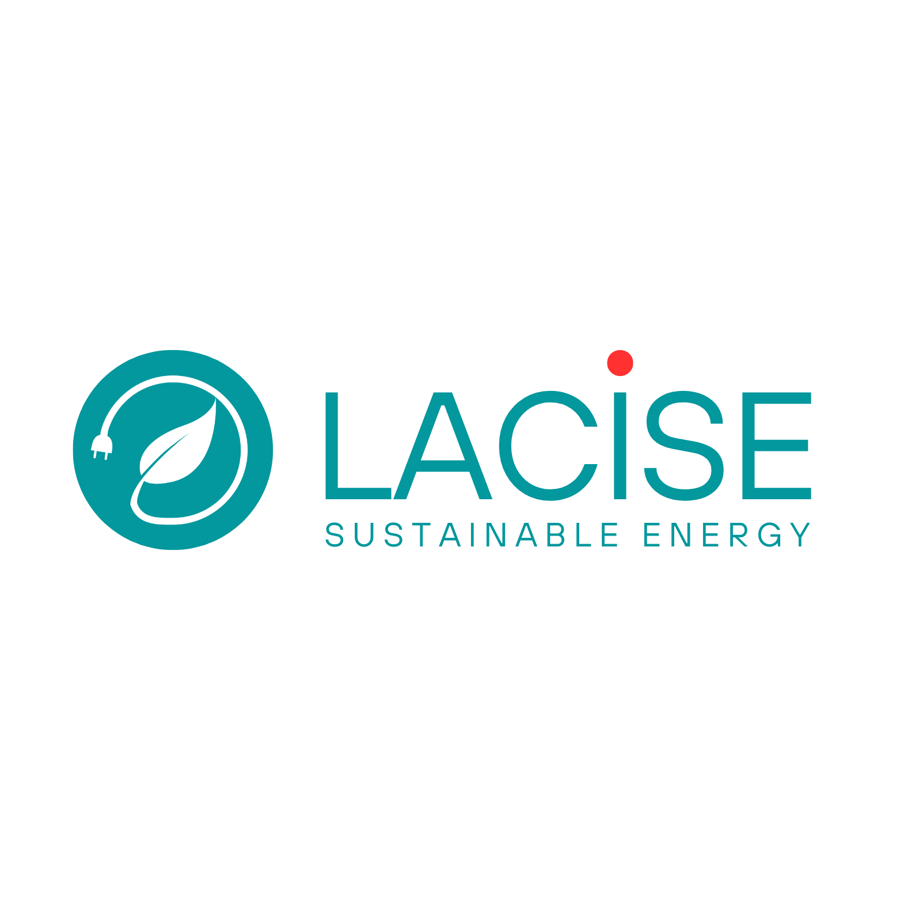Bridging Baltic and Swiss energy research: IECS’ visit to ZHAW
 Photo: IECS team visits ZHAW colleagues.
Photo: IECS team visits ZHAW colleagues.
As part of the LACISE project, the IECS team conducted an exchange visit to its Swiss partners in Winterthur, hosted by the Zurich University of Applied Sciences (ZHAW). From September 3 to 6, this experience exchange aimed to deepen IECS collaboration with ZHAW researchers, to become acquainted with the university’s energy research strengths, and participate in a hands-on seminar on the PowerFactory modeling tool.
The visit began with a warm welcome at ZHAW’s Institute of Energy Systems and Fluid Engineering, where the IECS team—Anna Mutule, Antons Hančevskis, Aleksejs Onackis, Roberts Lazdiņš, and Laura Birzenberga—engaged in a comprehensive overview of ZHAW’s ongoing research. Key areas of focus included in-depth frequency measurement data analysis, energy system modeling with experimental equipment, strategies for optimizing inverter efficiency, and the practical applications of the OPAL-RT real-time simulator.
The central objective of the trip was advancing the dynamic modeling of the Baltic energy system, a core activity within Work Package 2 (WP2) of the LACISE project. Participants discussed the challenges facing Baltic and broader European energy systems, notably the rapid growth of inverter-based generation across all voltage levels. This trend is reshaping the generation mix, impacting frequency stability, and underscoring the need for dynamic security assessment tools to help system operators navigate a changing landscape of generation and consumption.
During the visit, the IECS team took part in a hands-on PowerFactory workshop led by Dr. Miguel Ramirez Gonzalez and Dr. Artjoms Obusevs.

Joint discussions with ZHAW colleagues culminated in a concrete plan for collaboration, including:
- Data acquisition and export workflows within the PowerFactory environment.
- Application of modeling approaches to the Baltic energy system, with an eye toward scaling and transferability.
- Utilization of the developed models to support ongoing scientific cooperation and strengthen international projects.
The visit underscored the value of cross-border collaboration in tackling contemporary energy challenges.
IECS team extends their thanks to all colleagues at ZHAW for their hospitality and insights, and looks forward to forthcoming joint activities that will drive innovation in energy systems modeling and resilience.
